Tromsø
Nordic applicants: 15th of April / 1st of November
EU/EEA + Swiss applicants: 1 March
Non-EU/EEA applicants: 15th of November
How can an optical sensor detect the gas leaking into the sea before it becomes a blow-out? How do you kill cancer cells inside the human body with heat while leaving healthy tissue unharmed? Electrical engineering is about developing solutions to the technical challenges of our society. Machine learning, for example, enable face detection in digital cameras and modern spam filters. This Master's degree program gives you a broad education in application of state-of-the-art technology to solve real-world problems.
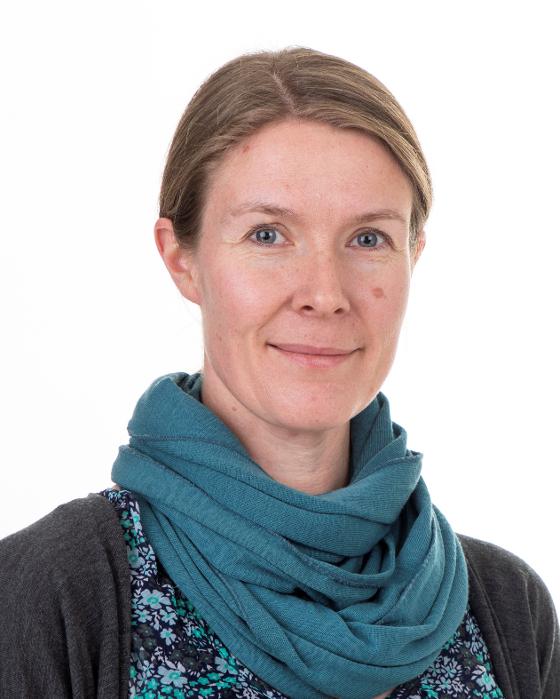
Kirsti Merete Johannessen
Studierådgiver / Administrasjon
Electrical Engineering is a discipline of the Master's degree programme in physics.
Electrical engineering provides solutions to the ever-increasing advanced technological demands of modern society. Technology and industry is rapidly developing. Electrical engineering education and competence is at the core of this transition, and will provide a solid foundation for employment in several growth industries. Sensors are essential, for example in medicine and biological research, for new materials, and for oil and gas. This requires knowledge about optics, nanotechnology, transducers, and imaging techniques. In society, there is a virtual explosion of data from websites, images, speech, genes, etc., requiring innovative data analysis based on machine learning, pattern recognition, statistics, and signal- and image analysis implemented in scalable computer programs.
The Electrical Engineering discipline offers specialisation in five different fields of research:
- Optics
- Nanoscopy
- Microwave techniques
- Ultrasound
- Machine learning
In Tromsø, electrical engineering education is based on strong research groups covering these fields, the Machine Learning group and the Ultrasound, Microwaves and Optics group. There are good facilities for laboratory work with modern equipment.
Electrical engineering covers a wide range of application areas, some of which are bio-medical physics and imaging, super-resolution optical microscopy/optical nanoscopy, and health analytics:
- Bio-medical physics and imaging research is concentrated on development of new antenna concepts capable of both producing hyperthermia and receiving extremely weak radiated electromagnetic waves containing information on the tissue temperature distribution (microwave radiometry). Hyperthermia is an anti-tumoral therapeutic modality. It consists of selective heating of tumors to temperatures above 42 degrees Celsius, while maintaining healthy tissue nearer to physiological temperatures.
- Optical Nanoscopy research is at the crossroads of Biology and Physics. The group is developing novel fluorescence optical nanoscopy techniques for real-time imaging of sub-cellular organelles (50-100 nm) in living cells. The experimental facilities consist of state-of-the-art commercial high-speed structured illumination microscopy (SIM) and direct stochastic optical reconstruction microscopy (dSTORM) and custom build epi-fluorescence microscopy/nanoscopy based on optical waveguides.
- Health Analytics is focused towards machine learning and data mining in electronic health records (where all the data recorded for each patient in the healthcare system is stored), for personalized medical diagnosis support, for discovering hidden comorbidity patterns, and for decision support for clinicians. Researchers have especially been involved in projects using data from the University Hospital of North Norway related to colorectal cancer and gastrointestinal surgery.
Elective courses should be determined in collaboration with your supervisor in connection with choice of research topic in the Master's thesis. Other elective courses may be approved on application or if recommended by your supervisor. An individual special curriculum or project paper may also be part of the degree.
If the Master's thesis involves work in a laboratory, in the field or on a research cruise, it is mandatory to conduct a course in safety education prior to commencing the thesis.
Specializing in electrical engineering at UiT gives you the competence to work with:
- Nanotechnology
- Laboratory Engineering
- Micro and Nanoscopy
- Sensortechnology
- Health Science
- Statistical/Data Analysis
- Machine Learning
See the study plan below for more info about the program strukture.
| Institute | Country |
|---|---|
| Lappeenranta University of Technology | Finland |
| Leiden University | Nederland |
| California State University Monterey Bay | USA |
| University of the Ruhr, Bochum | Tyskland |
| Karlsruhe Institute of Technology | Tyskland |
| University of Bielefeld | Tyskland |
| Université Grenoble Alpes | Frankrike |
| Indian Institute of Technology, Guwahati | India |
| University of Innsbruck | Østerrike |
| University of Freiburg | Tyskland |
| Indian Institute of Technology (ISM) Dhanbad | India |
| University of Northern British Columbia | Canada |
| Lund University | Sverige |
| Czech Technical University in Prague | Tsjekkia |
| University of West Bohemia | Tsjekkia |
| Grenoble Institute of Technology | Frankrike |
| University of Saskatchewan | Canada |
| University of Tasmania | Australia |
| Indian Institute of Technology, Delhi | India |
Other studies you may like
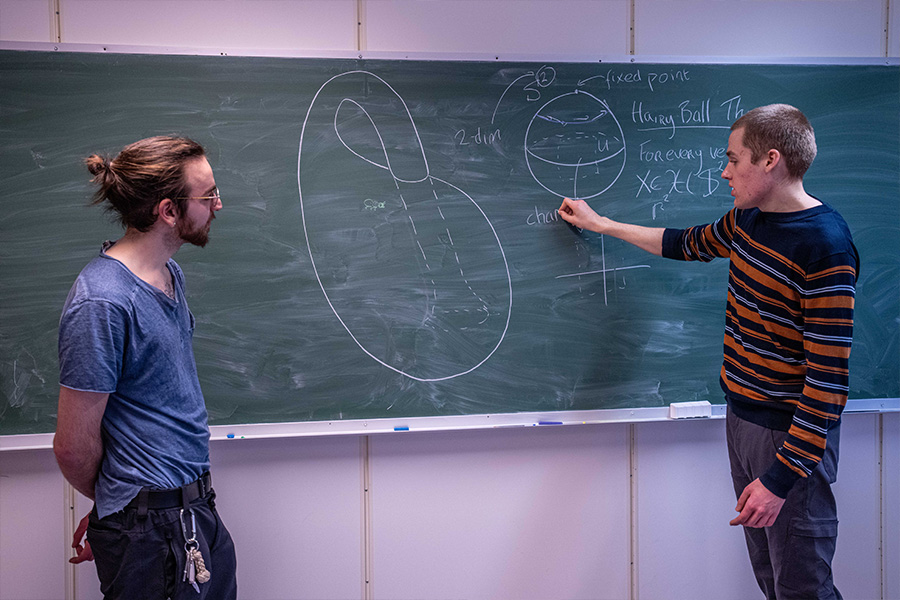
( Tromsø, )
Master in Mathematical sciences introduces you to mathematical research and the appliance of mathema...
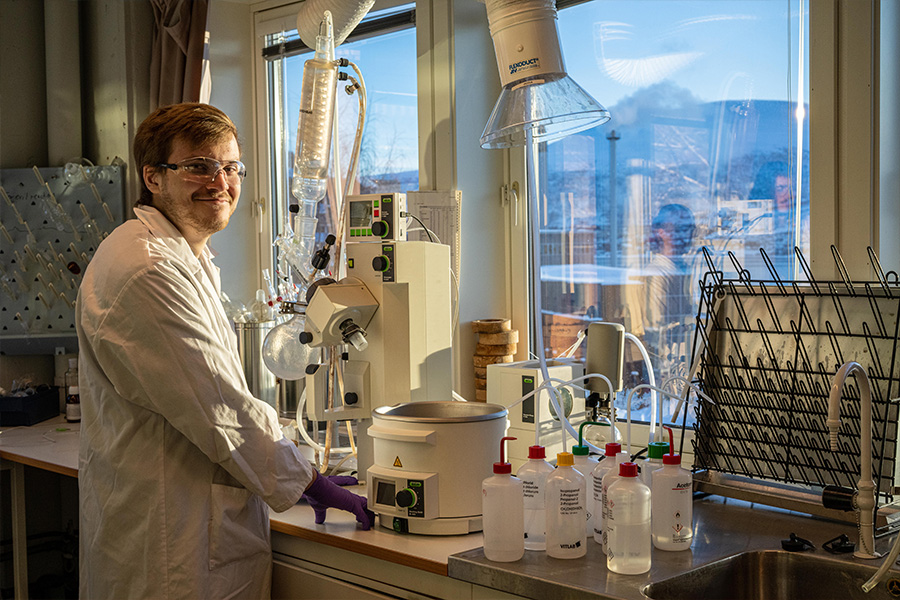
( Tromsø, )
Molecular Science and chemistry are truly the central sciences, they deal with how the world is cons...
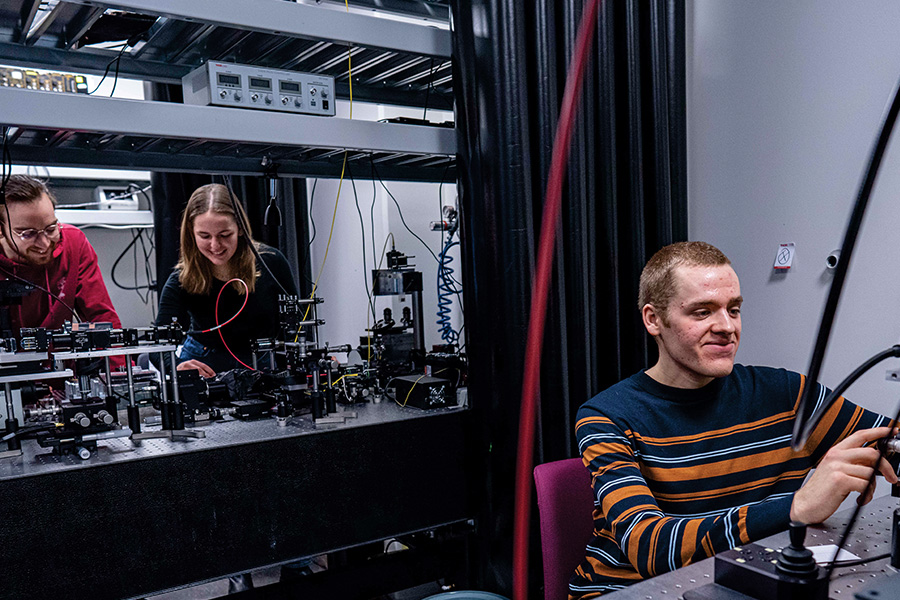
( Tromsø, )
Mobile phones, LED lights, radios, TVs and computers are advanced technical equipment based on physi...
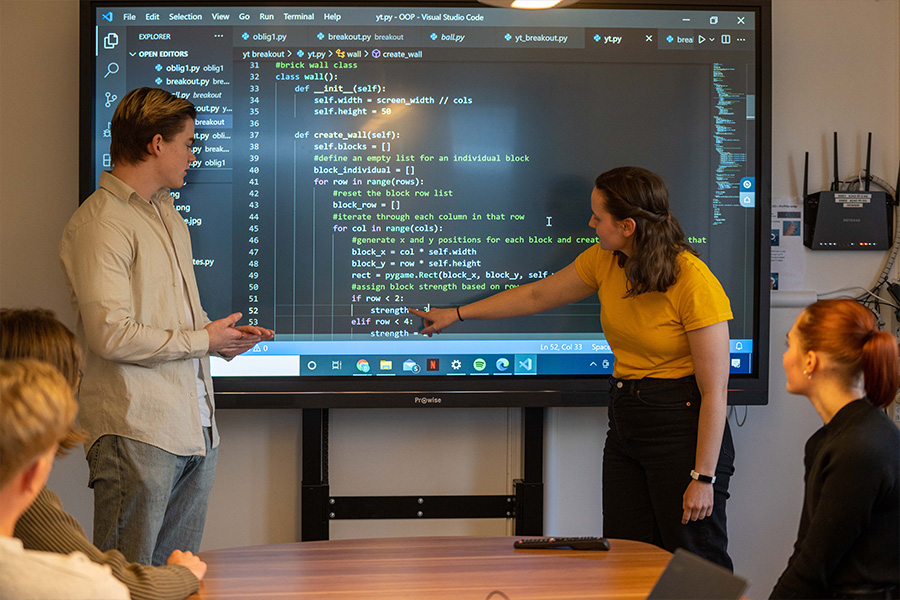
( Tromsø )
Master in Computer science is highly practical and experimental, where the students learn to design,...